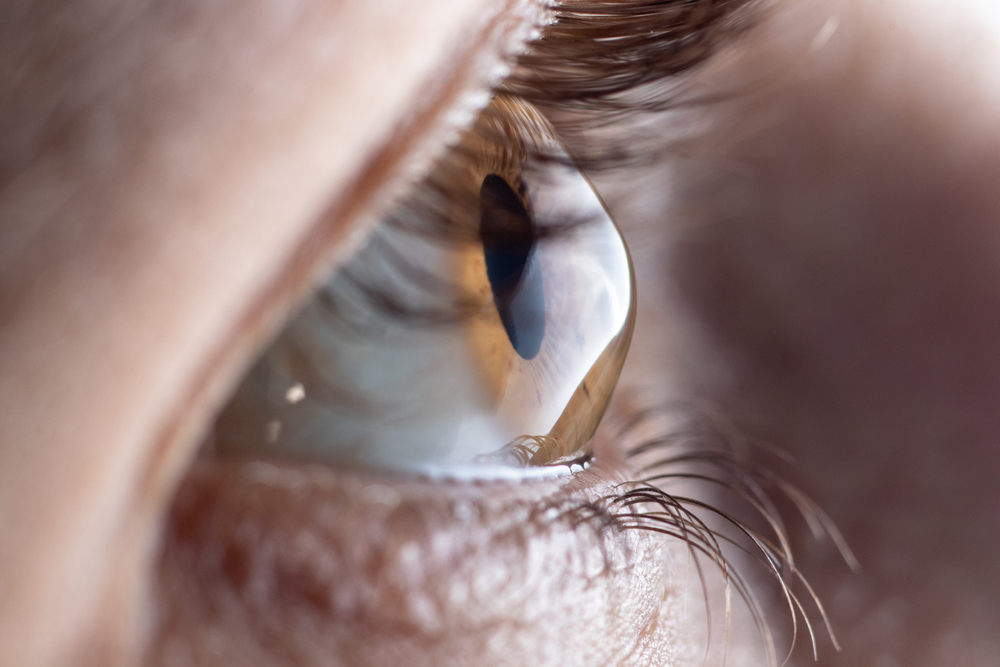
The cornea plays a pivotal role in our vision, and any issues with it can significantly affect our sight. Cornea diseases are a broad category of conditions that affect this crucial part of the eye. Understanding cornea disease is not just for medical professionals or those affected by it, but for everyone who values their vision.
Cornea diseases can be congenital or acquired, caused by a variety of factors including aging, trauma, infection, and underlying health conditions. They range in severity, from mild and easily treatable to severe and potentially vision-threatening. Understanding these diseases is the first step towards effective management and treatment.
Understanding Cornea: Its Function and Importance
The cornea is the clear, dome-shaped surface at the front of the eye. It serves two primary functions. First, along with the sclera (the white part of the eye), it protects the inner parts of the eye from dust, germs, and other harmful matter. Second, it acts like the lens of a camera, focusing light onto the retina, which then sends the image to the brain.
The cornea's importance in vision cannot be overstated. Any changes in its shape, clarity, or health can dramatically affect vision. For instance, a misshapen cornea can cause refractive errors like myopia (nearsightedness), hyperopia (farsightedness), and astigmatism. A scarred or cloudy cornea can obstruct the passage of light, leading to blurry vision or blindness.
Given its crucial role, maintaining the health of the cornea is essential. This involves protecting your eyes from injury, avoiding exposure to harmful UV rays, and seeking immediate medical attention for any eye-related symptoms.
Common Types of Cornea Disease
There are several types of cornea disease. Some of the most common ones include keratoconus, Fuchs' dystrophy, corneal dystrophy, corneal ulcers, and corneal abrasion. Keratoconus is a condition in which the cornea thins and gradually bulges outward into a cone shape. This deformation can cause blurry vision and light sensitivity. Fuchs' dystrophy, on the other hand, is a gradual degeneration of corneal cells that can lead to vision loss.
Corneal dystrophy encompasses a variety of conditions characterized by abnormal material accumulating in the cornea. These can cause vision problems and discomfort. Corneal ulcers are open sores on the cornea that can cause pain, redness, and blurred vision. Lastly, corneal abrasion refers to a scratch on the surface of the cornea, which can arise from trauma or foreign bodies in the eye.
Symptoms of Cornea Disease
The symptoms of cornea disease can vary depending on the specific condition. However, some common signs include redness, pain, tearing, light sensitivity, blurred or cloudy vision, and the sensation of having something in your eye.
In some cases, cornea disease can also cause headaches, nausea, and eye fatigue. It's important to note that these symptoms can also be indicative of other eye diseases. Therefore, if you experience any of these, it's crucial to seek professional help promptly.
The Guide to Diagnosing Cornea Disease
Diagnosing cornea disease typically involves a comprehensive eye exam. Your eye doctor will review your medical history and perform various tests to assess your vision and the health of your cornea. These tests may include a visual acuity test, a refraction test, and a slit-lamp examination.
In some cases, more specialized tests may be necessary. For instance, corneal topography can map the curvature of your cornea to detect abnormalities, while a pachymetry can measure the thickness of your cornea. These tests can provide valuable information that aids in the diagnosis and management of cornea disease.
Treatment Options for Cornea Disease
Treatment for cornea disease depends on the type and severity of the condition. For mild cases, conservative measures such as eye drops, ointments, or corrective eyewear may be sufficient. In more severe or progressive cases, surgical interventions may be necessary.
Surgical options include corneal transplantation, in which the diseased cornea is replaced with a healthy donor cornea, and corneal cross-linking, a procedure that strengthens the cornea to halt the progression of conditions like keratoconus. Your eye doctor will discuss the most suitable treatment options based on your specific condition and lifestyle needs.
Living with Cornea Disease: Lifestyle Adjustments and Tips
Living with cornea disease may require some lifestyle adjustments. These can include wearing protective eyewear, managing light sensitivity with sunglasses, and keeping your eyes clean and hydrated with artificial tears. Regular follow-ups with your eye doctor are also crucial for monitoring your condition and adjusting treatment as needed.
It's also important to remember that your mental health is just as important as your physical health. Don't hesitate to seek psychological support if you're struggling with the emotional impact of living with cornea disease.
Seeking Professional Help for Cornea Disease
Cornea disease is a serious condition that requires prompt diagnosis and treatment. If you're experiencing any symptoms of cornea disease, don't hesitate to seek professional help.
Remember that early detection and treatment can significantly improve the prognosis of cornea disease. So, take good care of your eyes, stay informed, and don't underestimate the importance of regular eye check-ups.
For more information on diagnosing and treating cornea disease, visit Raleigh Eye Center at our Raleigh, Durham, Reidsville, Henderson, North Carolina, or South Hill, Virginia, offices. Call (919) 876-2427 or (252) 492-8021 to schedule an appointment today.













